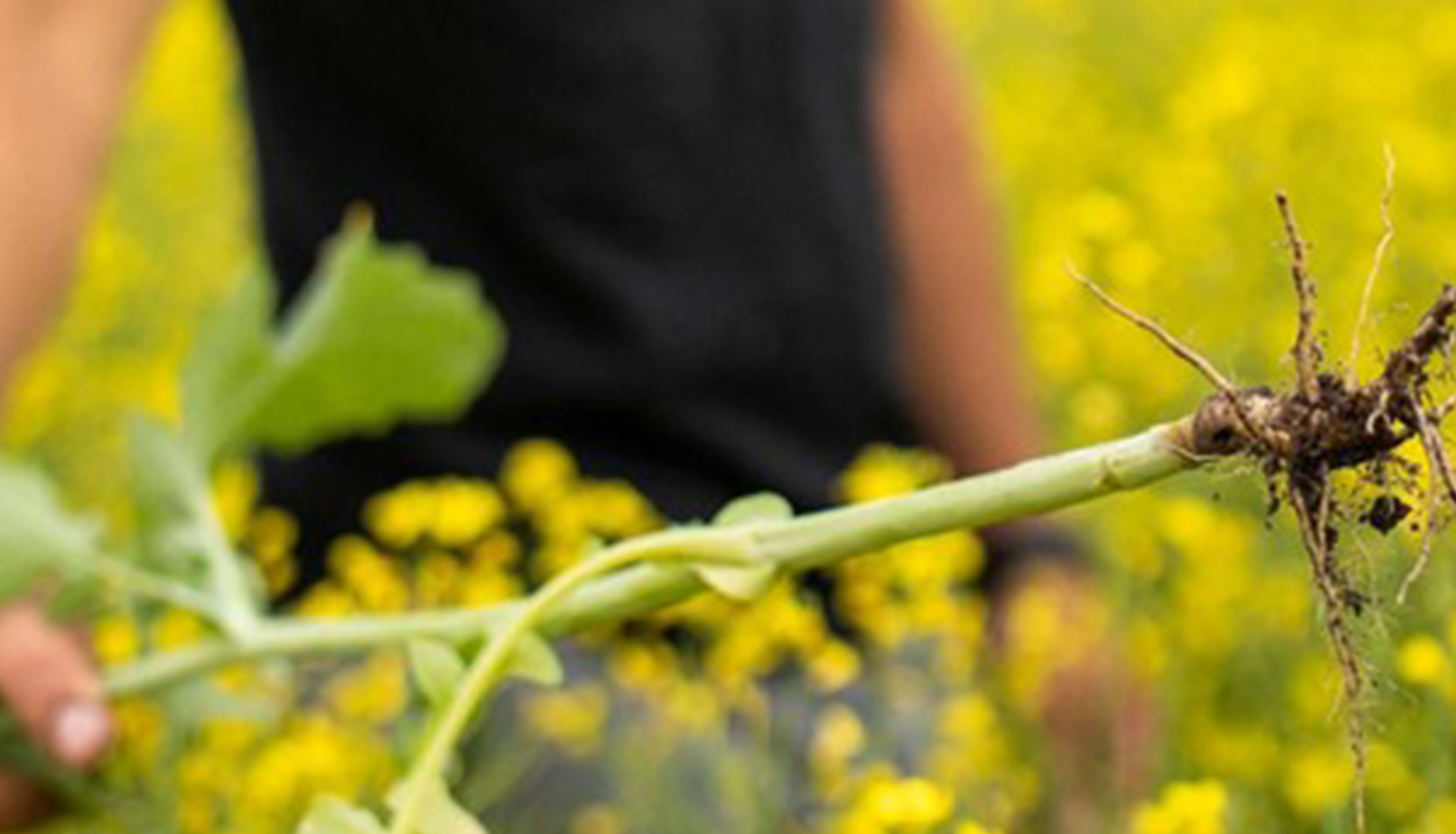
SaskCanola expands disease testing program
A disease monitoring program in Saskatchewan, offering free canola disease testing to producers, recently expanded its reach. The program, operated by SaskCanola in partnership with the Saskatchewan agriculture department, is now available to producers throughout the province.
According to SaskaCanola expert Kaeley Kindrachunk, although testing for blackleg and clubroot has been around for several years, the addition of the verticillium stripe test is aimed at combating the increasing incidence of the soil-borne fungal diseases in neighboring Manitoba.
She believes that while verticillium stripe has caused serious issues in Manitoba, she emphasizes the importance of taking proactive steps to monitor and manage the disease, providing farmers and agronomists insights into potential threats affecting their fields.
She added that while not as common as other canola diseases in Saskatchewan, verticillium wilt can go undiagnosed or misdiagnosed because its symptoms closely resemble those of other diseases.
To test varieties for ringworm and wilt, growers and agronomists are required to collect 10 random stem samples from different locations in the field. These samples must then be air-dried and packaged in a labeled brown paper bag, along with the test code and the sample required for analysis. Samples must be sent by mail to Discovery Seed Labs for testing. likewise, individuals wishing to test for clubroot disease may obtain a soil sampling bags from SaskCanola, and samples must be obtained from areas at high risk of clubroot disease. Once collected, these samples can be sent to the Saskatchewan Regional Agricultural Office or Discovery Seed Labs for testing.
SaskCanola admits that participation in the testing program has been less than desirable in recent years. Factors such as dry weather conditions and lower disease pressure in the province may have contributed to this trend. However, the trail of verticillium wilt testing will create new interest among producers and agronomists.
By providing vital information about their fields, the testing program gives farmers better tools to effectively manage their canola crops.
The availability of accurate test results helps farmers make informed decisions about disease management, improving crop health and productivity. Understanding the potential threats in their fields allows farmers to take necessary precautions and take appropriate measures, thereby minimizing possible crop loss.
In addition to the testing program, SaskCanola also offers valuable online resources for producers on its website, including a field scouting guide and the Canola Encyclopedia pages on major canola diseases. Manitoba also offers a similar testing program through the Manitoba Canola Growers and its Pest Surveillance Initiative Lab, promoting collaboration between provinces to address common agricultural challenges.
The expansion of the canola disease testing program in Saskatchewan to include verticillium stripe testing signifies a proactive approach to addressing potential threats to canola crops. By providing free testing services and valuable resources, SaskCanola aims to empower farmers and agronomists with the knowledge needed to make informed decisions and ensure the health and productivity of their canola fields. Through cooperation and knowledge sharing, the agricultural communities can work together to overcome challenges and protect their livelihoods.
https://www.discoverhumboldt.com/articles/saskcanola-offering-free-blackleg-and-clubroot-disease-testing-
https://www.canolacouncil.org/canola-watch/2020/08/26/clubroot-testing-provincial-programs/
https://www.canolacouncil.org/canola-watch/2021/09/01/canola-community-connections-september-1-2021/


